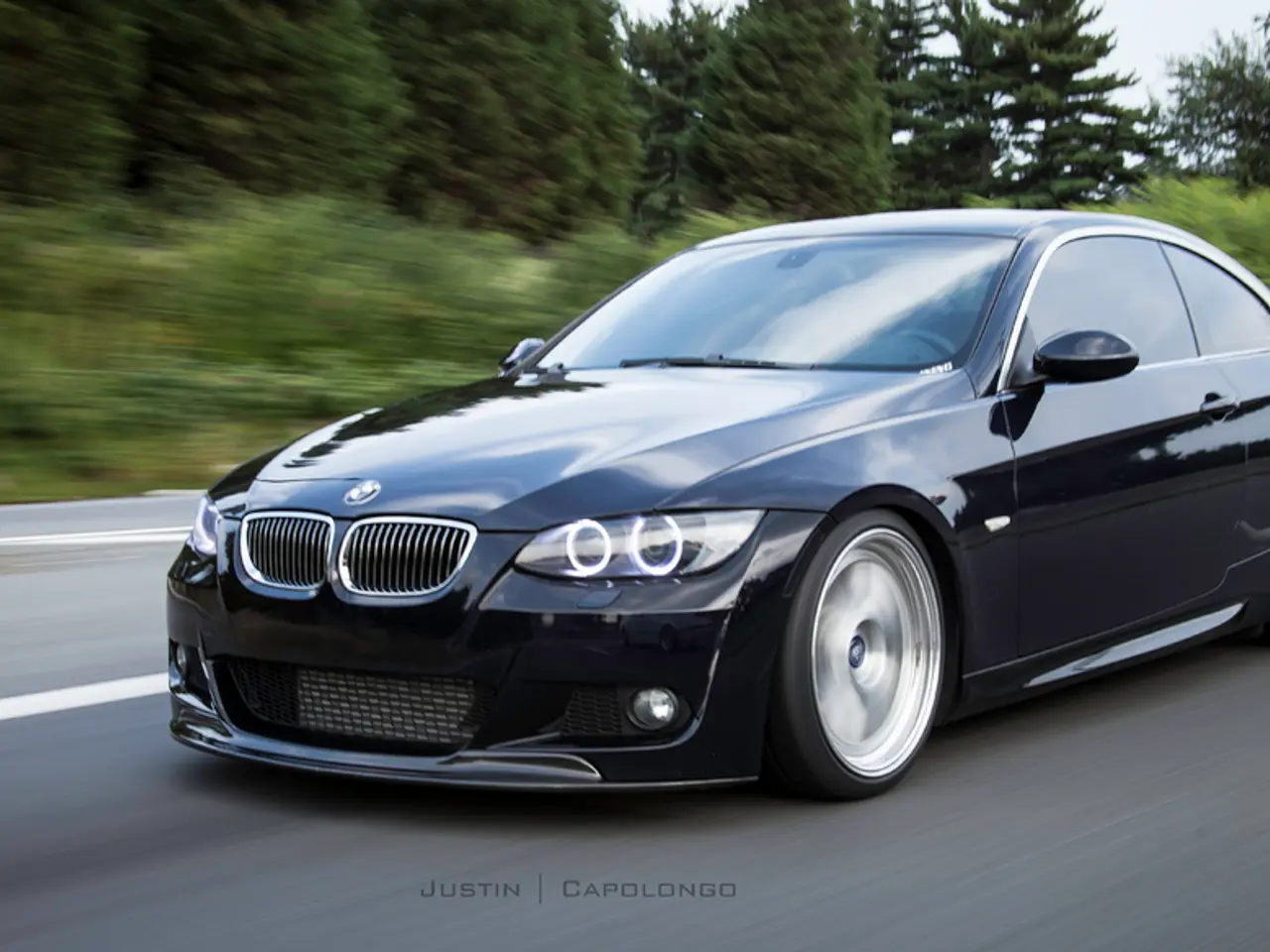Diesel-powered combi cars are experiencing a significant decline in popularity.
In a significant shift in the German automobile market, a study by the German automobile club ADAC has revealed a significant decrease in the market share of diesel-powered vehicles over the past two decades. The figure now stands at around 20 percent, a stark contrast to the past when diesel vehicles held a larger share.
The decline in diesel models is a trend that has been observed across various vehicle segments. Small and compact cars have seen a complete disappearance of diesel models in the past decade, while the mid-size class and station wagons have also witnessed a significant decrease in their range of diesel models. Today, only five variants of station wagons are currently available.
In higher vehicle classes, the decline in diesel models is less dramatic but still occurring. An exception to this trend is the minibus segment, where diesel engines remain popular due to their heavier weight and the need for a powerful drive.
The decrease in diesel offerings in Germany has shrunk by more than half over the past ten years. This trend is largely due to stricter emissions regulations and shifting market demand towards electric and hybrid vehicles. Major automobile manufacturers like Volkswagen, BMW, and Daimler have significantly reduced their diesel engine offerings in recent years, particularly since the mid-2010s.
Modern exhaust gas aftertreatment in diesel engines has significantly reduced emissions, making them barely measurable. As a result, the ecological evaluation of diesel engines is no longer worse than other internal combustion engines. However, the cost-effectiveness of diesel engines for an annual mileage of 15,000 kilometers is no longer universally advantageous.
The ADAC highlights that the meaning of diesel engines has changed in recent years. The study, based on data from their car database and covering the period from 2015 to 2025, shows that diesel engines are no longer the default choice for cost-conscious consumers seeking fuel efficiency. Instead, they are becoming a niche option, particularly in the minibus segment and for those with higher annual mileages.
The continuing trend of the decline in diesel models is a reflection of the changing automobile market landscape. As technology advances and consumer preferences shift, it will be interesting to see how the market for diesel vehicles evolves in the coming years.
Read also:
- Upcoming iPhone Model: What We Understand Thus Far
- Chinese Medicine: An Overview of Traditional remedies and healing techniques from China
- Severe Norovirus Infections: Exploring Potential Health Complications
- Bangladesh confronted a health predicament, marked by outbreaks of dengue fever and chikungunya.








